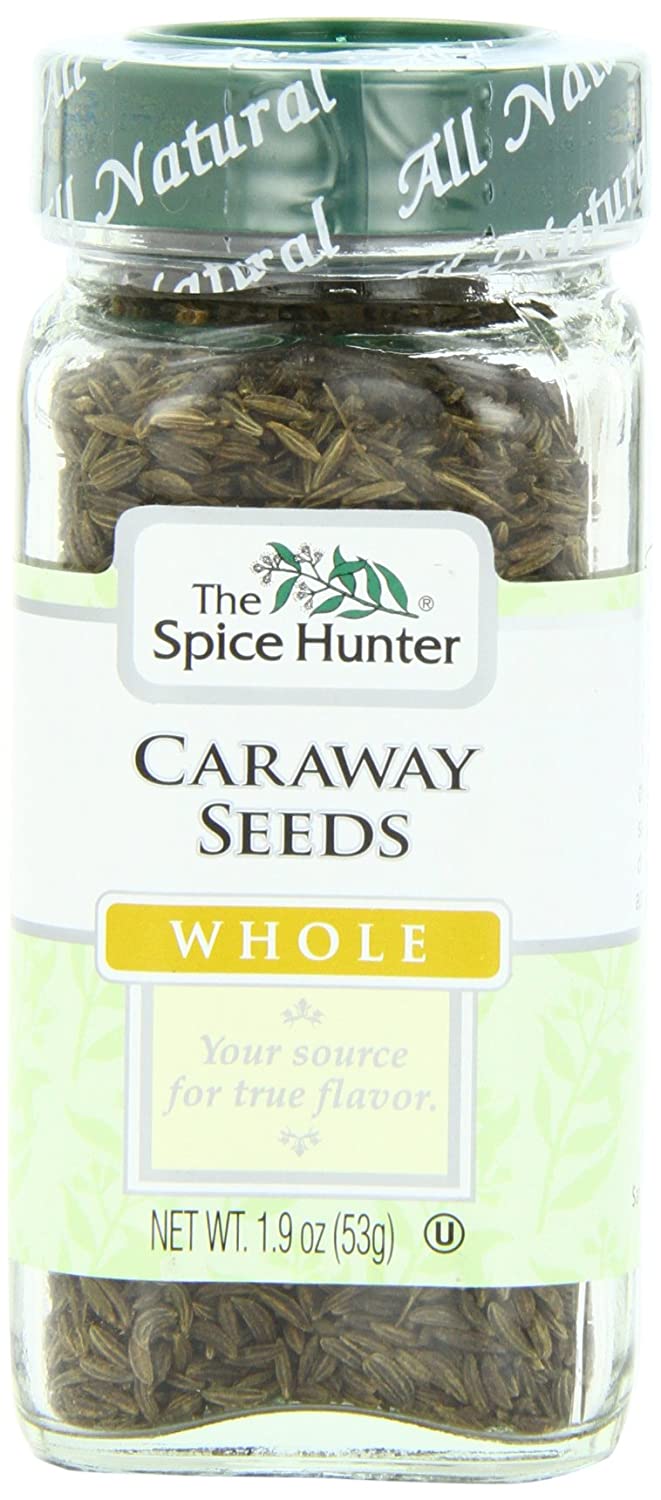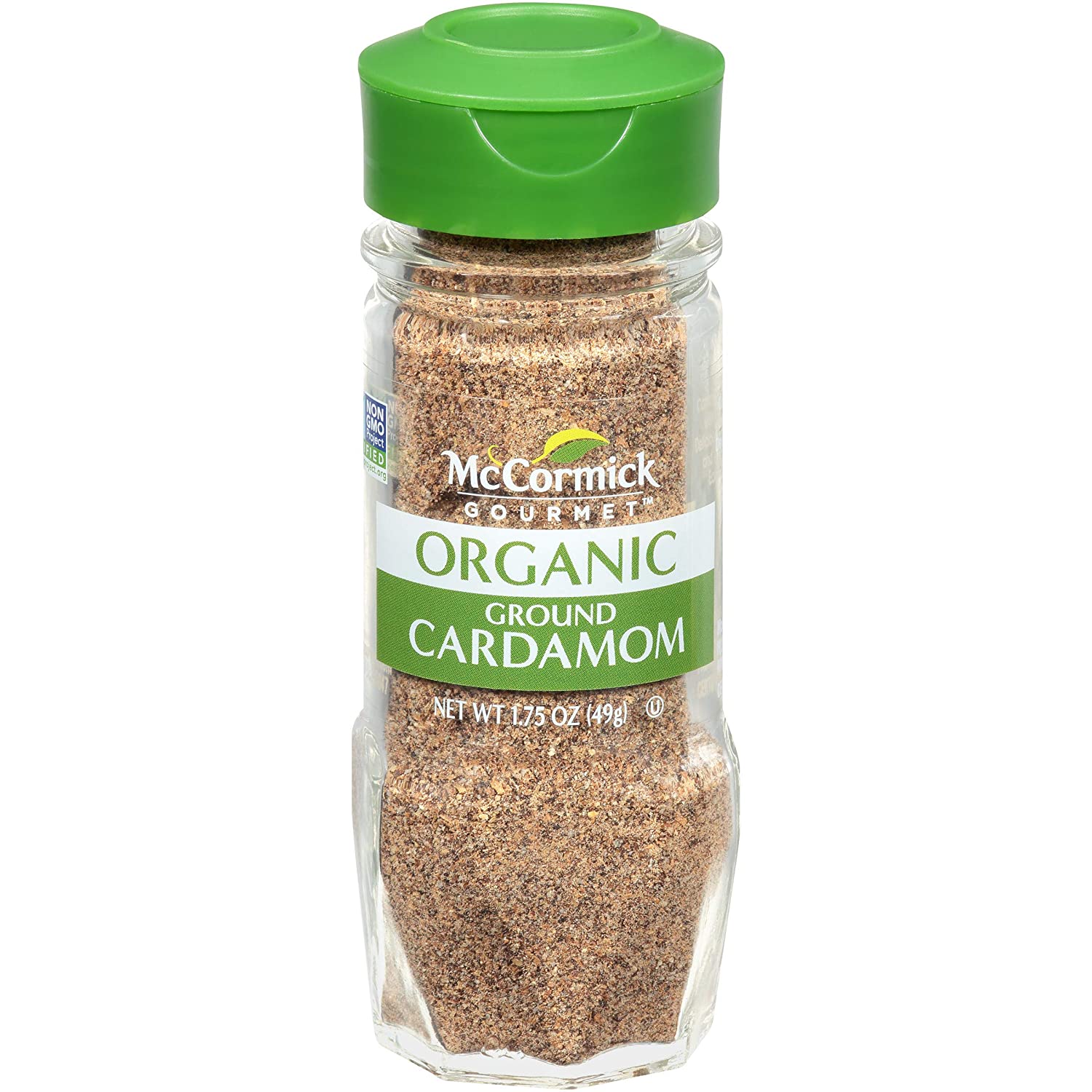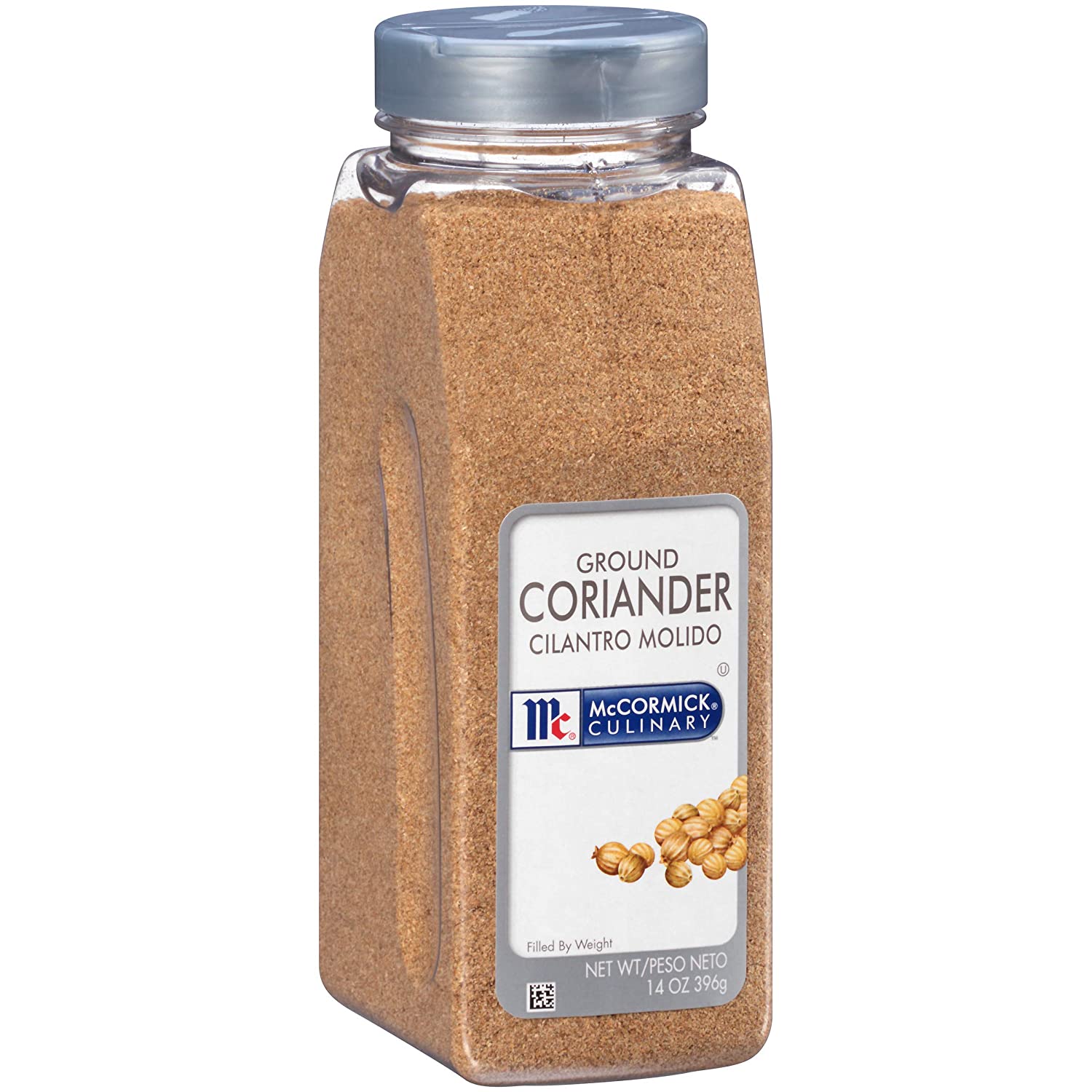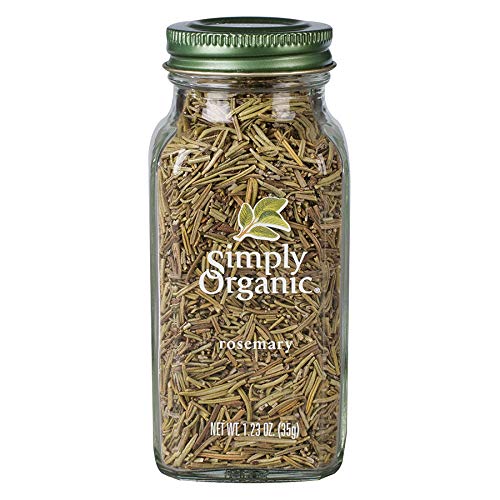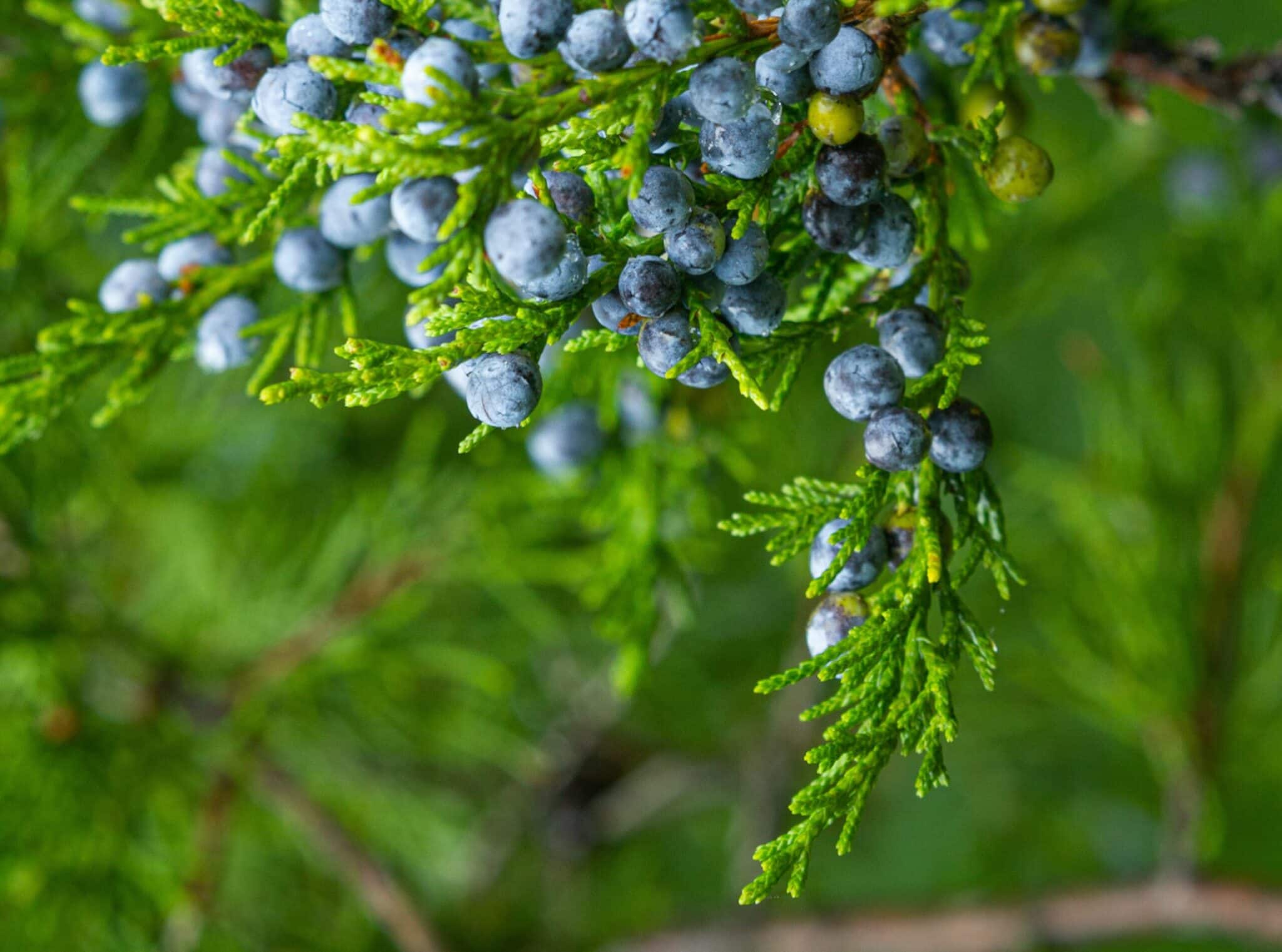When it comes to spice, our minds mostly go to the Asian and Mediterranean regions. We usually imagine popular contenders like cumin, tarragon, curry, thyme, oregano, garlic, ginger, and coriander. But when it comes to those that originate from the colder regions of Europe, none is as popular as juniper berries.
What are juniper berries?
Though its name suggests it’s a berry, the reverse is the case. The juniper berry plant is, in reality, a pine, and its ‘berry’ is, in fact, a cone with fleshy, merged scales that give it a berry-like appearance. The most commonly used juniper berries are derived from the Juniperus communis plant, a low-growing member of the cypress family and considered the best for human consumption.
When ripened, juniper berries look very much like blueberries, with a dark, purple-blue color and a lathery, shriveled appearance. The shrub is found in the alpine regions of Europe and is the most commonly used and appreciated spice in the region. And though there are almost 60 different species of it globally, the European variants are the best for cooking and eating.
What’s great about juniper berries?
When ripened, juniper berries have a unique citrusy yet herb-ish taste that gives a sharp, slightly bitter, and pungent note to recipes and dishes. Many chefs and recipe enthusiasts associate its unusual taste to the evergreen forests of Europe since its flavor reminds you of a pine tree (if you’ve ever licked one, that is!). This is further complemented by the aroma, which leads to a spicy, savory, yet cool feeling on your palate similar to mint.
To understand the taste of juniper berries, note that it’s the chief ingredient in gin. The berry is noted for adding that piney, floral, yet citrusy note that you easily notice when you take a swig of a good glass of the spirit. And since juniper berries are responsible for giving that clean, astringent character to gin, it would surprise you, therefore, that this flavor and aroma is highly sought-after by European cuisines and is a major factor for their exquisite taste.
Juniper berries are the most widely used spices in Europe, especially with the Scandinavian cuisines. Chefs in these regions heavily use the highly versatile spice in a wide range of savory recipes, including;
- Sauerkraut or Cabbage dishes
- Venison dishes
- Boar recipes
- Marinades, e.g. sauerbraten
- Red meat soups
- Brines
- Roasted vegetables
- Red wine marinades for meat
- Stewed vegetables
- Juniper Berry teas and beverages
- Fermented foods
- Braises
- Gin
Juniper Berry substitutes
Though juniper berries may be a popular inclusion in most dishes in Europe, it may not be such in your region. Also, you may wish to prepare a recipe, only to find that you don’t have any of it in your collection of spices. You may also find it hard to purchase in grocery stores around you for numerous reasons. Well, no need to worry, as you can still find good substitutes for juniper berries around you if you know what to look out for. And if you don’t know, these suggestions are your best bet;
Caraway seeds
Caraways seeds are one of the easiest spices you can find around to substitute for juniper berries. Also called Persian cumin or meridian fennel, they’re readily available in spice sections of most grocery stores around you. Though caraway seeds have a less nutty flavor than pine, they still add the needed citrusy note, with an extra hint of pepper and an undertone of licorice. As such, they’re perfect for marinades and other recipes that require soaking and can be used in equal amounts as juniper berries.
Cardamom
This spice is a popular addition to Indian and European cuisine and is even commonly used in sweets and savory dishes. And its flexible aroma and flavor make it an ideal substitute for juniper berries in most meat-centered recipes and other savory dishes. Cardamom isn’t as strong as juniper berries in taste, but it still gives that hint of pine, making it one of the closest alternatives you can ever think of. And though it’s slightly sweeter, its fruity notes still complement the dish’s flavor when used in equal quantities as juniper berries and blended with other recipe spices.
Gin
Perhaps the closest juniper berry substitute you can ever think of, gin qualifies based on its primary taste profile. Though most gins include various spices, including coriander, citrus peel, peppercorns, lavender, and even cardamom, the primary flavor is, surprisingly, juniper berries. To put it simply, the best way to fully identify the taste of juniper berry is to take a shot of gin! This makes gin a perfect substitute for juniper berry in a wide variety of dishes, including marinades, brines, sauces and beverages.
Of course, much may frown because of its alcoholic content, but you should not that most of it cook off before the dish is even ready. But unless you have no qualms with including an alcohol-based ingredient in your recipe, gin is a great choice for you. 1 teaspoon of gin is enough to replace 1 tablespoon of juniper berries in any recipe since the flavor is more powerful in the former.
Rosemary
Rosemary is an extremely versatile herb in the kitchen and hardly would come across any sumptuous dish that doesn’t include it. And it can be purchased dried and packaged, or even fresh, depending on your preference. Rosemary is a great substitute for juniper berries in meat and game dishes, especially the pan-seared types. All you need is 2 sprigs of rosemary for 1 teaspoon of juniper berries in a recipe.
Hickory spice
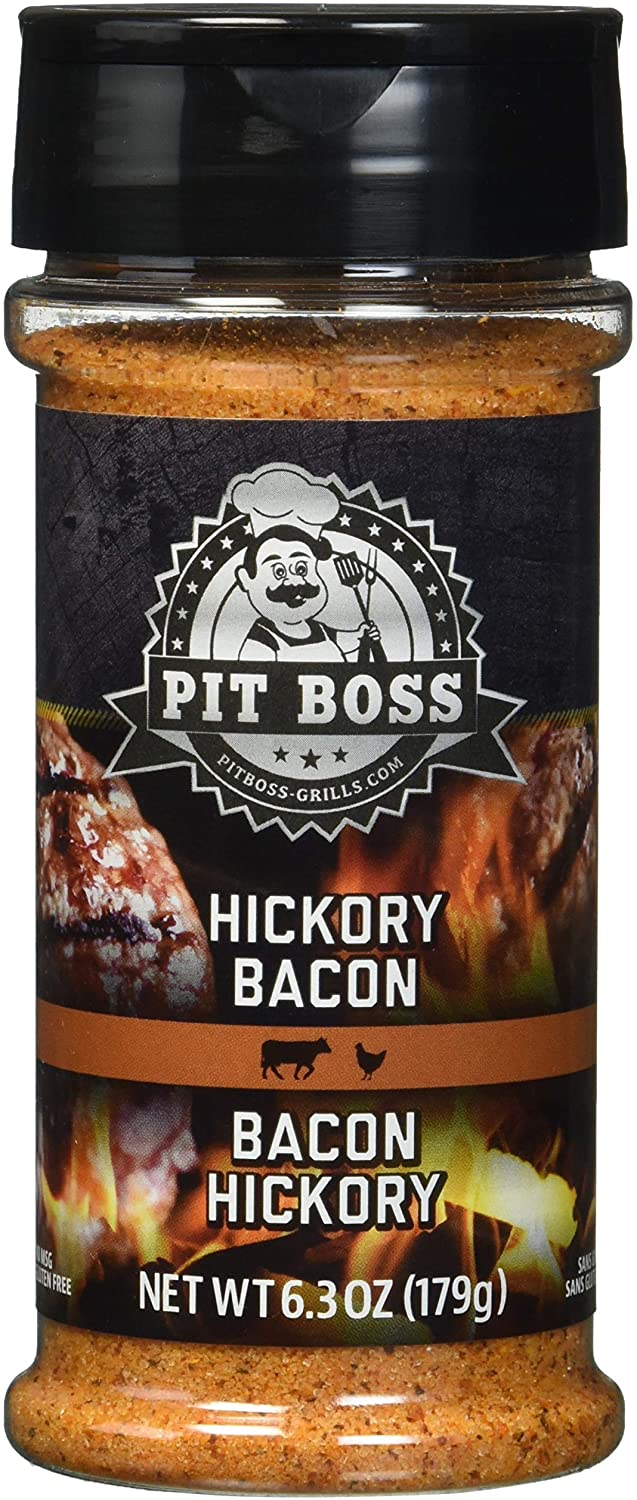
The best thing about hickory spice is it’s readily available in grocery stores around you, so you can easily get them to substitute for juniper berries. Though it’s a mixture of some of the most aromatic and flavorful spices like hickory powder, cumin, onion, garlic, chili, and salt, its blend of flavors makes it ideal substitute for meat recipes and marinades. Just use 11/2 teaspoons to replace 1 teaspoon of juniper berries, and you’re good to go!
Frequently asked questions (FAQs)
Are all juniper berries safe to eat?
No. The Juniperus communis is the safest variety to eat, and it’s often advised to stick to this one since it’s hard to tell which others are. While many other Juniper varieties are too bitter, one type, the Juniperus Sabrina, is highly toxic.
Are juniper berries safe for pregnant women?
There isn’t much research to conclude on whether juniper berries are safe for pregnant women, so it’s best advised to avoid it entirely during this period. If you wish to experience the taste of juniper berries in your recipe, but you’re pregnant, you can try out any of the non-alcoholic substitutes here.
What can I substitute for juniper berries in essential oils?
In the absence of juniper berries, you can burn bay leaves in a fireproof container and let the smoke take its therapeutic effects. Like juniper berries, the smoke of bay leaves is known to help relieve stress and anxiety.
Conclusion
Not having juniper berries doesn’t mean your recipe should be left to ruin. You can still enjoy the same flavor and aromatic effects these special pine cones have to offer with any of these substitutes. There’re also many other alternatives out there, which you can only discover through experimenting and research.
